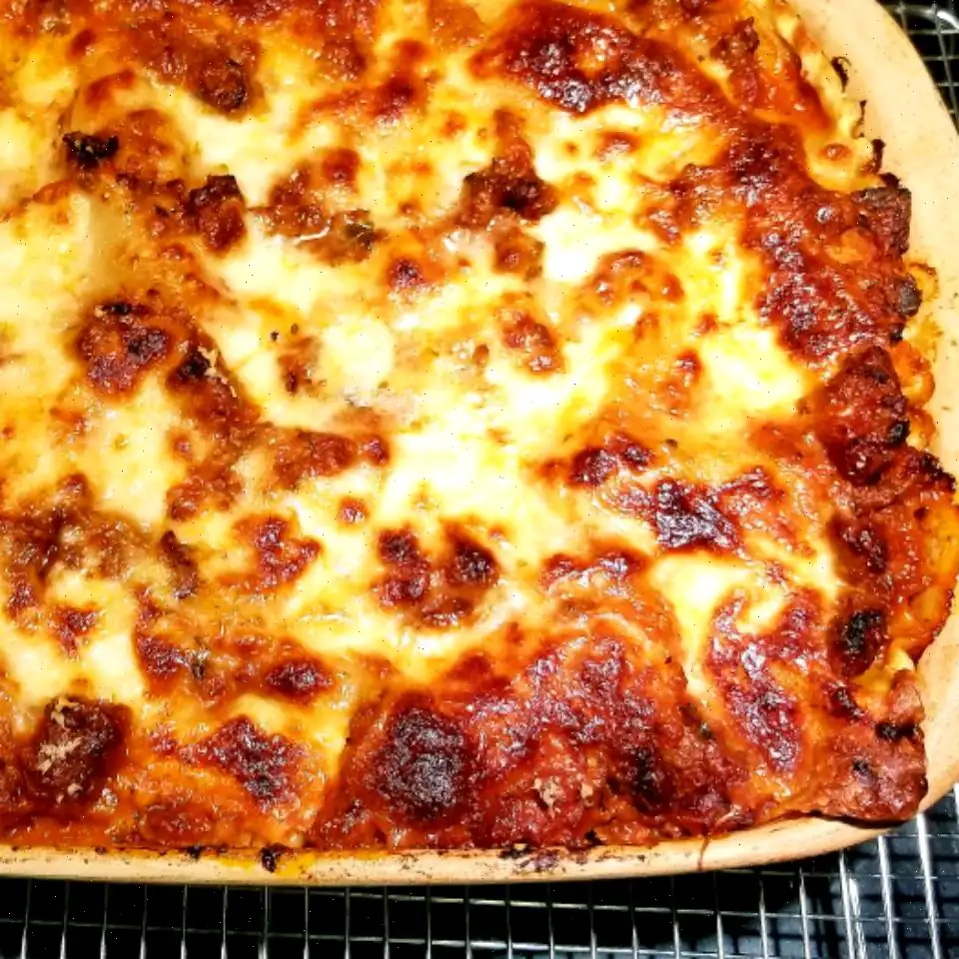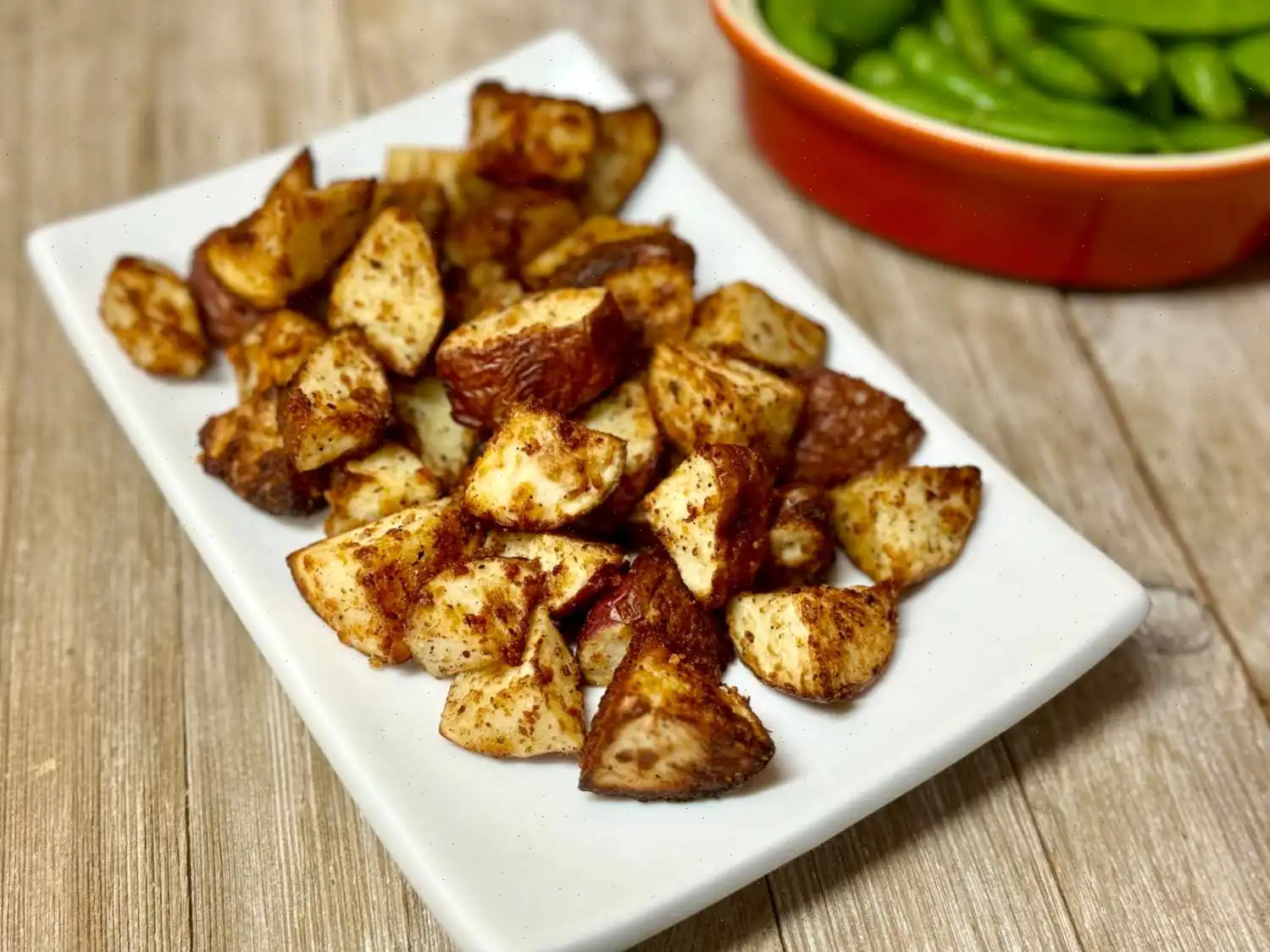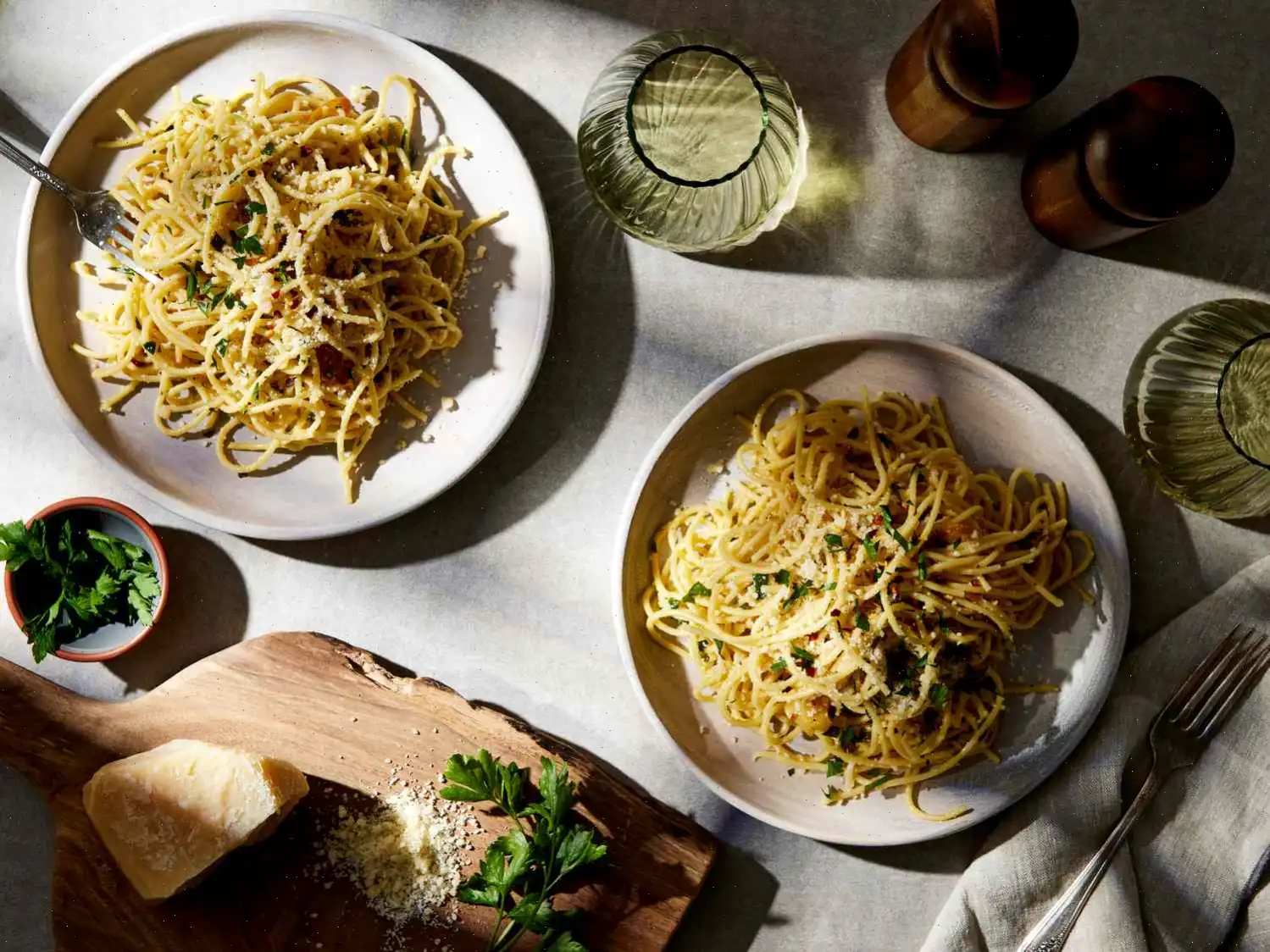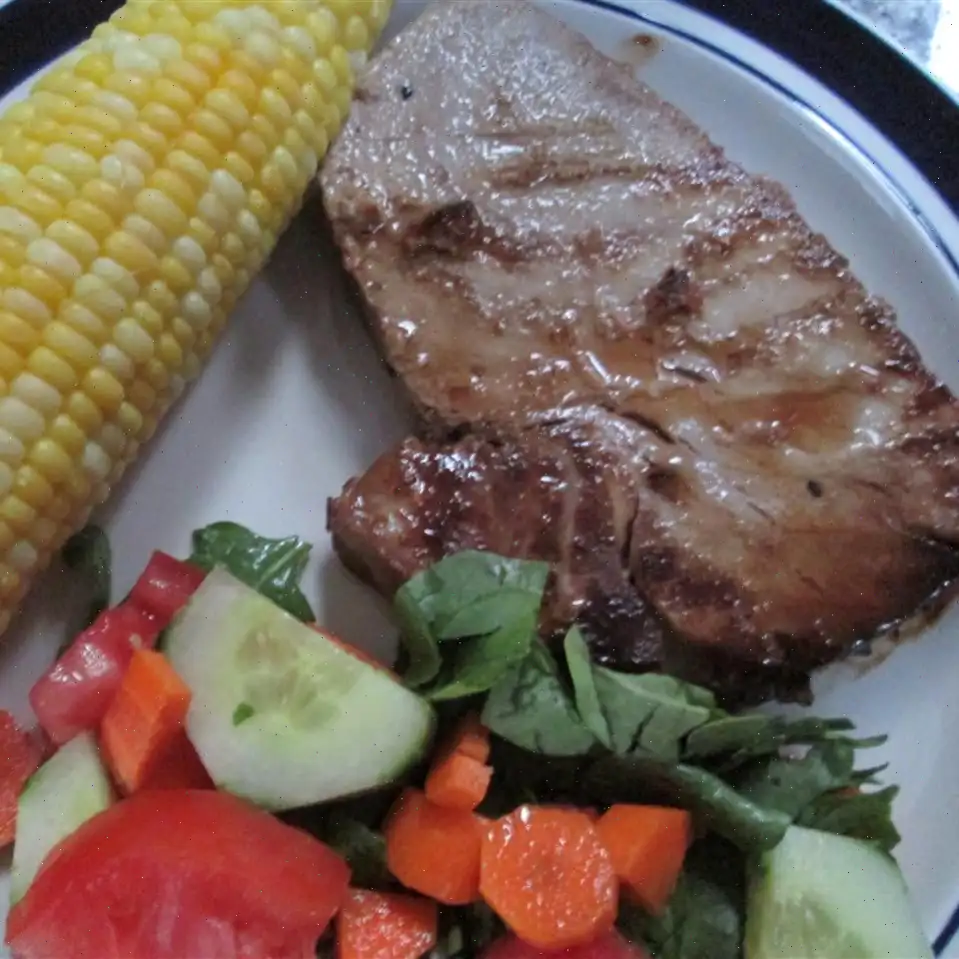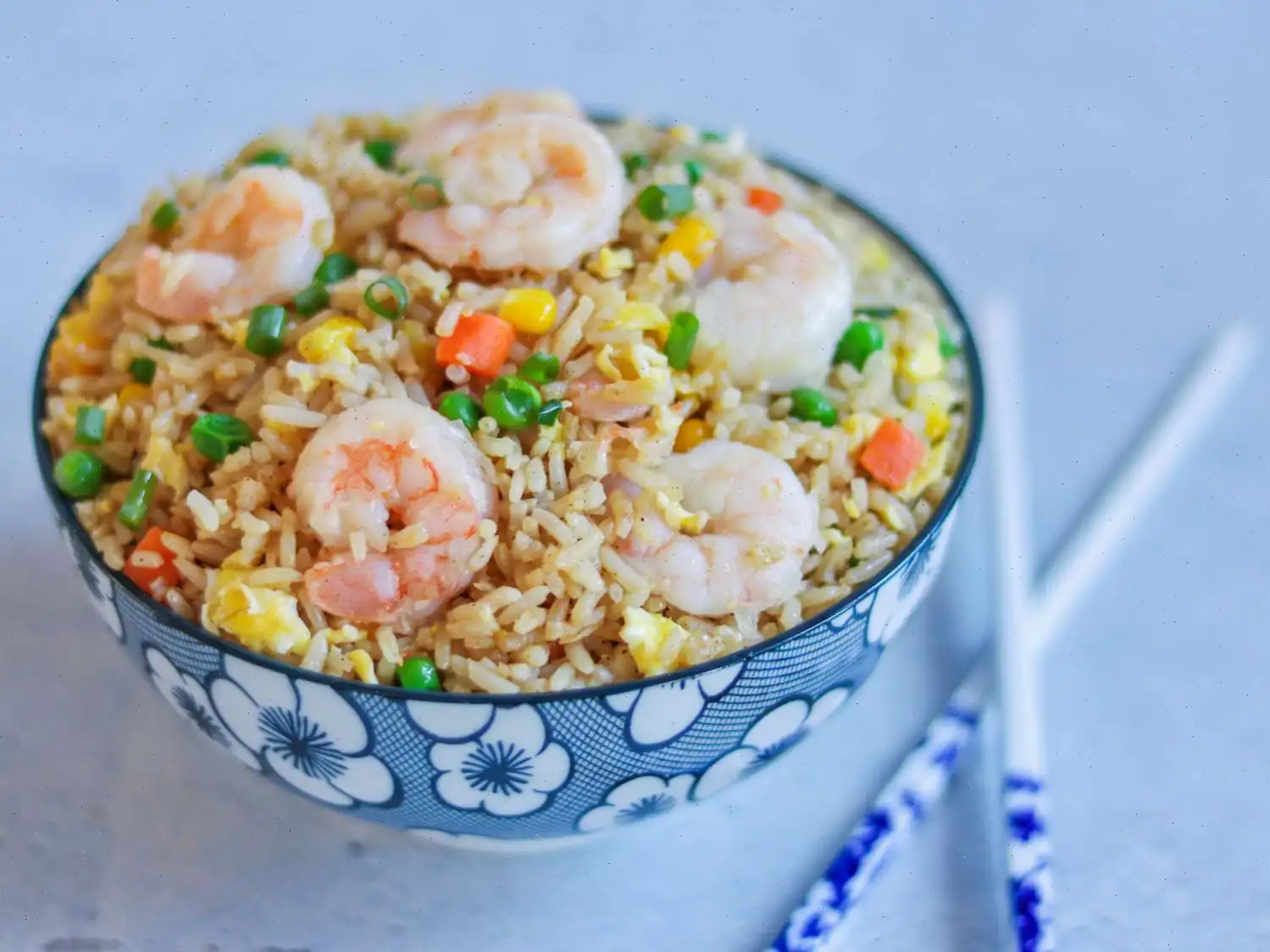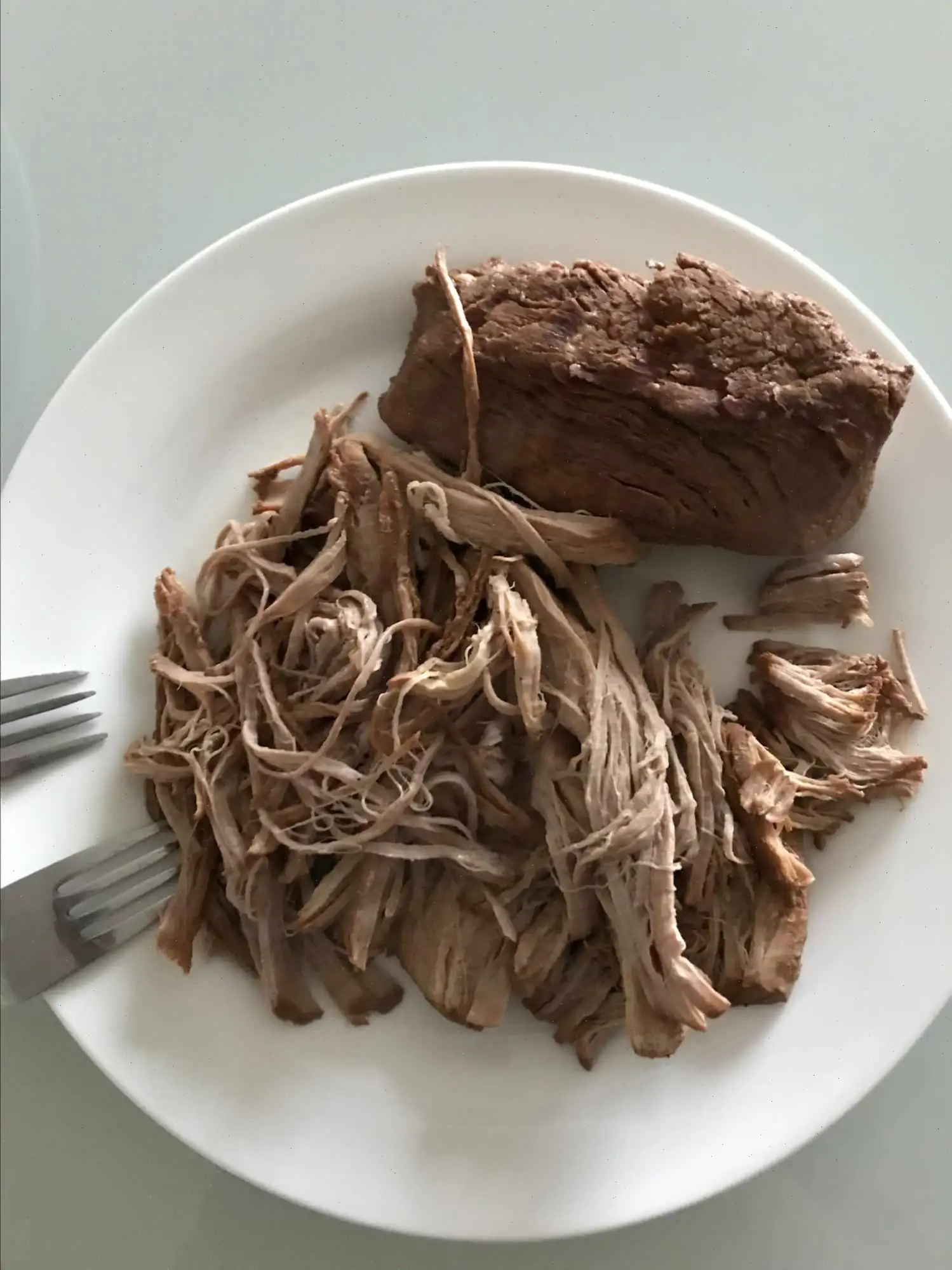
Chef John's Lasagna Recipe
Ingredients
This recipe yields 12 servings.
Meat Sauce:
- 1 pounds lean ground beef
- 1 pound bulk Italian sausage
- 1 (8 ounce) package fresh mushrooms, coarsely chopped
- 1 teaspoon salt
- teaspoon freshly ground black pepper
- teaspoon Italian seasoning (optional)
- teaspoon red pepper flakes
- 6 cups prepared marinara sauce
- cup water, or as needed (optional)
Pasta:
- 1 (16 ounce) package lasagna noodles
Ricotta Filling:
- 2 large eggs
- 2 pounds whole-milk ricotta cheese
- 8 ounces fresh mozzarella cheese, diced
- cup freshly grated Parmigiano-Reggiano cheese
- cup chopped fresh parsley
- teaspoon freshly ground black pepper
- 1 pinch cayenne pepper, or to taste
Cheese Topping:
- 4 ounces fresh mozzarella cheese, diced
- cup freshly shredded Parmigiano-Reggiano cheese
Directions
Step 1: Prepare the meat sauce. In a large saucepan, cook the ground beef and sausage over medium heat, stirring occasionally, until browned and crumbly (about 10 minutes). Add the mushrooms, salt, black pepper, Italian seasoning (if using), and red pepper flakes. Stir and increase the heat to medium-high. Cook until the mushrooms release their juices and the pan is almost dry, about 4 to 6 minutes.
Step 2: Pour in the marinara sauce and stir to combine. If using jarred sauce, add a bit of water to each jar and shake to get the remaining sauce, then add it to the mixture. Lower the heat and let the sauce simmer, stirring occasionally, until the meat is extremely tender (about 2 hours). Add water as needed if the sauce thickens too much. Skim any fat off the surface, then season the sauce with more salt and black pepper to taste. Turn off the heat.
Step 3: While the sauce is simmering, bring a large pot of salted water to a boil. Cook the lasagna noodles in the boiling water, stirring occasionally, for about 8 minutes, or until firm to the bite. Drain and rinse the noodles under cold water to stop the cooking process. Set them aside in a bowl of cold water to keep them from sticking together.
Step 4: Prepare the ricotta filling. In a large bowl, whisk the eggs. Add the ricotta cheese, mozzarella, Parmigiano-Reggiano, parsley, black pepper, and cayenne pepper. Stir until all ingredients are fully combined.
Step 5: Preheat the oven to 375F (190C). Now its time to layer the lasagna. In a 10x15-inch baking dish, divide the sauce into four parts, the noodles into thirds, and the filling into halves. Start by spreading a layer of sauce at the bottom of the dish, then top with a layer of noodles, followed by a layer of ricotta filling. Repeat this process one more time.
Step 6: Add the final layer of sauce, then gently tap the dish on the counter to settle the layers. Continue with the remaining noodles and sauce. Sprinkle the diced mozzarella and grated Parmigiano-Reggiano on top.
Step 7: Cover the baking dish with aluminum foil, making sure the foil doesnt touch the cheese. Place the dish on a baking sheet to catch any spills. Bake in the preheated oven for 30 minutes.
Step 8: After 30 minutes, remove the foil and bake for an additional 30 to 35 minutes, or until the top is golden brown and bubbly. Once done, remove from the oven and let the lasagna sit for about 20 minutes before serving.
Nutrition Facts (per serving)
- Calories: 730
- Total Fat: 39g (50% Daily Value)
- Saturated Fat: 20g (98% Daily Value)
- Cholesterol: 159mg (53% Daily Value)
- Sodium: 1514mg (66% Daily Value)
- Total Carbohydrate: 50g (18% Daily Value)
- Dietary Fiber: 5g (17% Daily Value)
- Total Sugars: 14g
- Protein: 43g (86% Daily Value)
- Vitamin C: 5mg (5% Daily Value)
- Calcium: 524mg (40% Daily Value)
- Iron: 4mg (24% Daily Value)
- Potassium: 846mg (18% Daily Value)

History and Origins
Lasagna is one of Italy's most beloved dishes, with roots dating back to ancient Rome. However, the modern version we enjoy today evolved in the Emilia-Romagna region, which is known for its rich culinary heritage. The dish's name comes from the Greek word "Laganon," referring to flat sheets of pasta, which became the foundation for the layered dish. Over the centuries, lasagna has been adapted with various regional flavors and ingredients, but the heart of the dish remains its layers of pasta, sauce, cheese, and meat.
Regional Variations
In Italy, lasagna is made in a variety of ways depending on the region. In the North, particularly in Bologna, you'll find the classic Lasagna alla Bolognese, featuring a rich meat sauce made with beef, pork, and a blend of vegetables, paired with bchamel sauce. In the South, lasagna might include elements like ricotta cheese, eggs, and a more tomato-based sauce, reflecting the regional preferences for lighter, tangier flavors. Chef Johns recipe is a hybrid, embracing the rich, hearty sauce of the North while incorporating fresh, creamy ricotta and mozzarella cheeses typical of the South.
How Chef Johns Lasagna Differs
Chef Johns Lasagna stands out for its balance of flavors and textures. While traditional lasagna can sometimes be overwhelming due to excess sauce or cheese, this version uses a well-simmered, hearty meat sauce that is perfectly complemented by a creamy ricotta filling. The use of fresh mozzarella and Parmigiano-Reggiano adds a rich depth to the cheese layers. Moreover, the dish avoids the overly greasy texture some lasagnas have, with careful attention to the ratio of sauce to cheese, ensuring a more refined and less soupy dish. Chef Johns method also emphasizes a long simmering time for the sauce, which deepens the flavor profile.
Where to Serve Chef John's Lasagna
Chef Johns Lasagna is a perfect dish for gatherings and special occasions. Its ideal for family dinners, holidays, or casual get-togethers, especially when you need to serve a crowd. The hearty nature of the dish makes it satisfying for both lunch and dinner, and its ability to be made ahead of time and reheated only adds to its appeal. It is often served with a fresh salad and a side of garlic bread to complete the meal. In Italy, you might find it on the menu at traditional trattorias, though the recipe varies by region.
Interesting Facts
- Lasagna was first mentioned in a 1st-century Roman cookbook called "Apicius," where it described layers of pasta and sauce similar to the modern lasagna, but without cheese.
- The dish gained popularity throughout Italy during the Middle Ages and was particularly favored by the wealthy, who could afford meat and exotic spices.
- Lasagna has been adapted in countless ways, including vegetarian versions and those made with seafood, showing its versatility as a dish.
- In the U.S., lasagna is often associated with Italian-American cuisine, where it has become a comfort food staple and a popular dish at family gatherings and holidays.
- One of the most beloved components of lasagna is the crispy, golden edges that form during baking, known as the "lasagna crust," which is often the first part to disappear!
You can listen to this recipe in AI audio format. Simply click the play button below to listen to the content in a format that suits you best. It’s a great way to absorb information on the go!
FAQ about Chef John's Lasagna Recipe
Comments
John Lee
10/19/2024 07:43:36 AM
Such a fantastic recipe! It received high praise from everyone, including the food enthusiasts in my family. I made a few tweaks to the original recipe for my own notes. I followed the instructions but incorporated some additional ingredients: 1/2 onion, 4 cloves of crushed garlic, an extra 1/2 tsp of Italian seasoning, and a splash of red wine in the meat sauce. I also added 1/4 tsp of nutmeg to the cheese sauce. To prepare the noodles, I soaked them in hot water for 10 minutes before assembling the dish. I baked it covered at 400°F for 45 minutes, then uncovered at 350°F for another 25 minutes. The result was absolutely perfect!
Ryan Wilson
05/24/2024 11:11:13 AM
I prepared this lasagna a couple of years ago for a Sunday dinner. Being new to this type of recipe, I found it to be surprisingly easy despite taking some time. It was a big success and now everyone requests it for their birthdays. Thank you, Chef!
Sharon Sanchez
12/12/2022 01:38:30 AM
We absolutely adored it because of its rich and delicious flavors! Even though we typically don't include mushrooms in our meals, this dish was fantastic without them. The top tips were to simmer the sauce for hours and to use fresh mozzarella and whole milk ricotta cheese. Simply delightful!
Michael Phillips
08/05/2024 04:07:28 AM
This lasagna was the most delicious I've ever made, and my family absolutely adored it. The recipe was simple to follow and can be prepared in advance. Chef John's recipes never disappoint!


